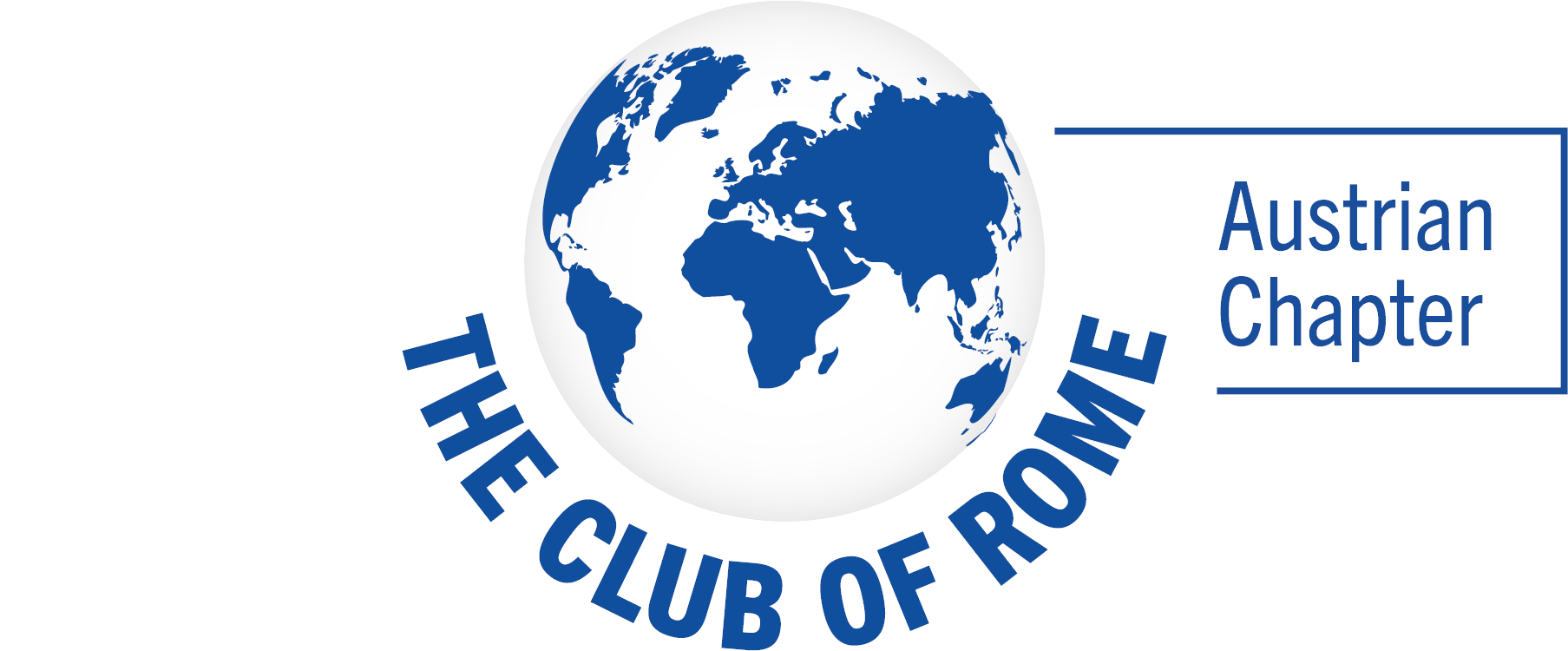A two days workshop at the Ars Electronica Festival University facilitated by Friedrich Hinterberger, Ulrike Payerhofer and Nathalie Spittler (Club of Rome Austrian Chapter, University of Applied Arts Vienna and University of Natural Resources and Life Sciences Vienna).
The two-days event in August 2022 applied methods developed within the framework of the project
which is being developed in cooperation with the UniNEtZ priority “Monitoring Progress beyond GDP” (lead: University of Salzburg) and the newly founded “Projektwerkstatt – creating collaboration for sustainability”at Angewandte.
Day 1 was facilitated by Nathalie Spittler, University of Natural Resources and Life Sciences Vienna. We talked about possible futures – for ourselves and for the world. A systemic perspective will allow us to link individual to global goals. We explored the goals that currently drive our society and us. Making the connections between those goals before we started diving into the futures each of us wants – aiming at combining those into positive images and stories of the future at all levels (from the individual to the world as a whole).
On day 2 we dive into the curatorial method of “do it”, an instruction-based exhibition concept introduced by the Swiss curator Hans Ulrich Obrist in 1993. For “Do it” artists all over the world were invited to send written instructions for making and staging an artwork within an institutional exhibition context without the artist being present. Over time the concept evolved into a collection of artistic instructions referring to urgent topics of our time and opened for everyone to interpret, realize and practice the “scores”. In 2021 the book “140 Artists’ Ideas for Planet Earth” was published, a collection of instructions by artists dealing with our relationship with the environment and climate emergency.
During the workshop, we dive deep into the concept of “do it” – learn, practice, and apply artistic approaches towards a future that needs to be shaped. Day 2 is facilitated by Ulrike Payerhofer, University of Applied Arts Vienna.
Overall coordination: Friedrich Hinterberger, Austrian Chapter of the Club of Rome. Social media facilitation by Lisa-Marie Weidl and Martin Hoffmann.
